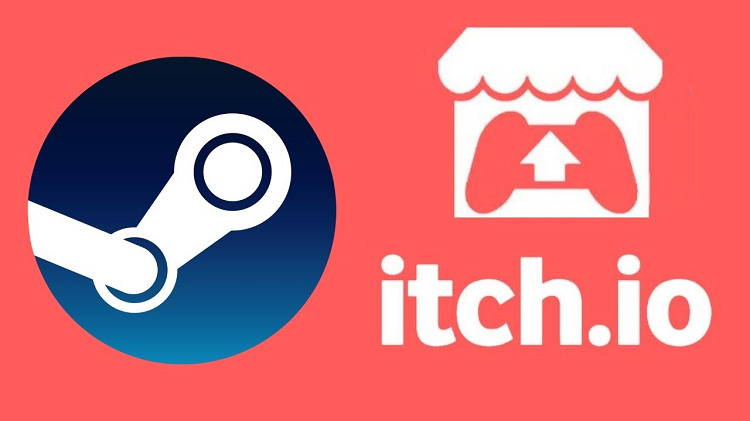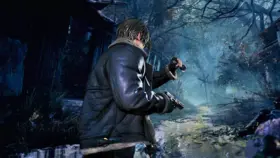A wave of sudden delistings has hit Steam and Itch.io – and this time, it’s not due to low sales or broken builds. Starting earlier this week and escalating by July 31, both storefronts began quietly removing games tagged as LGBTQ+ or NSFW, regardless of whether those titles contained actual adult content. The move caught developers off guard and has sparked a fierce backlash across the indie gaming scene.
The removals appear linked to pressure from payment processors, many of whom have grown increasingly restrictive around adult-adjacent or identity-tagged content. A group known as Collective Shout, which advocates against explicit media in digital spaces, is being cited by several devs as a driving force behind the policy shift. Steam and Itch.io have not released formal statements, but hundreds of games have already vanished from public listings.
For creators who rely on these platforms to reach niche or marginalized audiences, the implications are massive. Many say they received no warning – just a takedown notice and vague references to policy violations. Others discovered their games were gone only after fans reported missing product pages.
What began as a moderation shift has now turned into a larger debate over censorship, access, and who controls the future of indie games.
It’s Not Just Porn – Story-Driven Games Are Affected Too
Despite initial claims that the crackdown targeted “explicit content,” many delisted games have no sexual material whatsoever. Several are story-driven titles that explore queer identity, relationships, or body autonomy in abstract or metaphorical ways. One dev posted that their 2D platformer was removed simply for having an LGBTQ+ tag and a transgender lead character – a far cry from itch.io celebrating Pride Month with their Queer Game bundles in recent years.
This broad-strokes enforcement has blurred the line between adult content and inclusive storytelling. Developers fear that algorithm-based decisions or third-party pressure could wipe out entire subgenres overnight.
Payment Processors Behind the Curtain
At the core of the issue are payment processors – the financial middlemen like PayPal, Stripe, and Visa who enable transactions between players and platforms. These companies can freeze payouts or penalize storefronts for violating ambiguous “brand safety” guidelines. To avoid penalties, platforms often preemptively remove content that might draw scrutiny.
This isn’t new – adult games and controversial media have long struggled with payment access – but the scope of the current delistings is unprecedented. Even games rated “Teen” or “Everyone” have been affected, simply because of tags or themes.
Indie Devs Push Back
The indie dev community has responded swiftly and loudly. Hashtags like #LetUsExist and #SaveItch are trending across social platforms. Some creators are setting up direct donation links or moving their games to alternative platforms like HIOPlay or Nexus Nova, which promise more transparent policies.
There’s also renewed interest in cryptocurrency payments and self-hosted storefronts, though these come with their own accessibility issues. Still, devs say they’d rather rebuild their audiences elsewhere than be subjected to silent moderation without recourse.
Itch.io’s Legacy on the Line
For Itch.io especially, the stakes are high. Known for being one of the most inclusive and creator-friendly platforms on the internet, Itch has long been a home for queer stories, experimental art, and adult games made with care. These delistings feel like a betrayal to many who helped build the platform’s reputation from the ground up.
If the trend continues, Itch.io risks losing the very audience that made it special. Whether that pressure came from external financial partners or internal policy changes, the damage may already be done.
A Battle Over Visibility and Control
At its heart, this isn’t just about tags or explicit scenes – it’s about who gets to tell stories, and who decides what’s “acceptable” in gaming spaces. While storefronts may argue they’re playing it safe, the result has been mass erasure of marginalized voices and the indie titles that center them.
With devs rallying and users speaking out, the next few weeks could determine whether platforms reverse course – or if the fight for creative freedom moves elsewhere. For now, one thing’s clear: the gaming world is watching.






